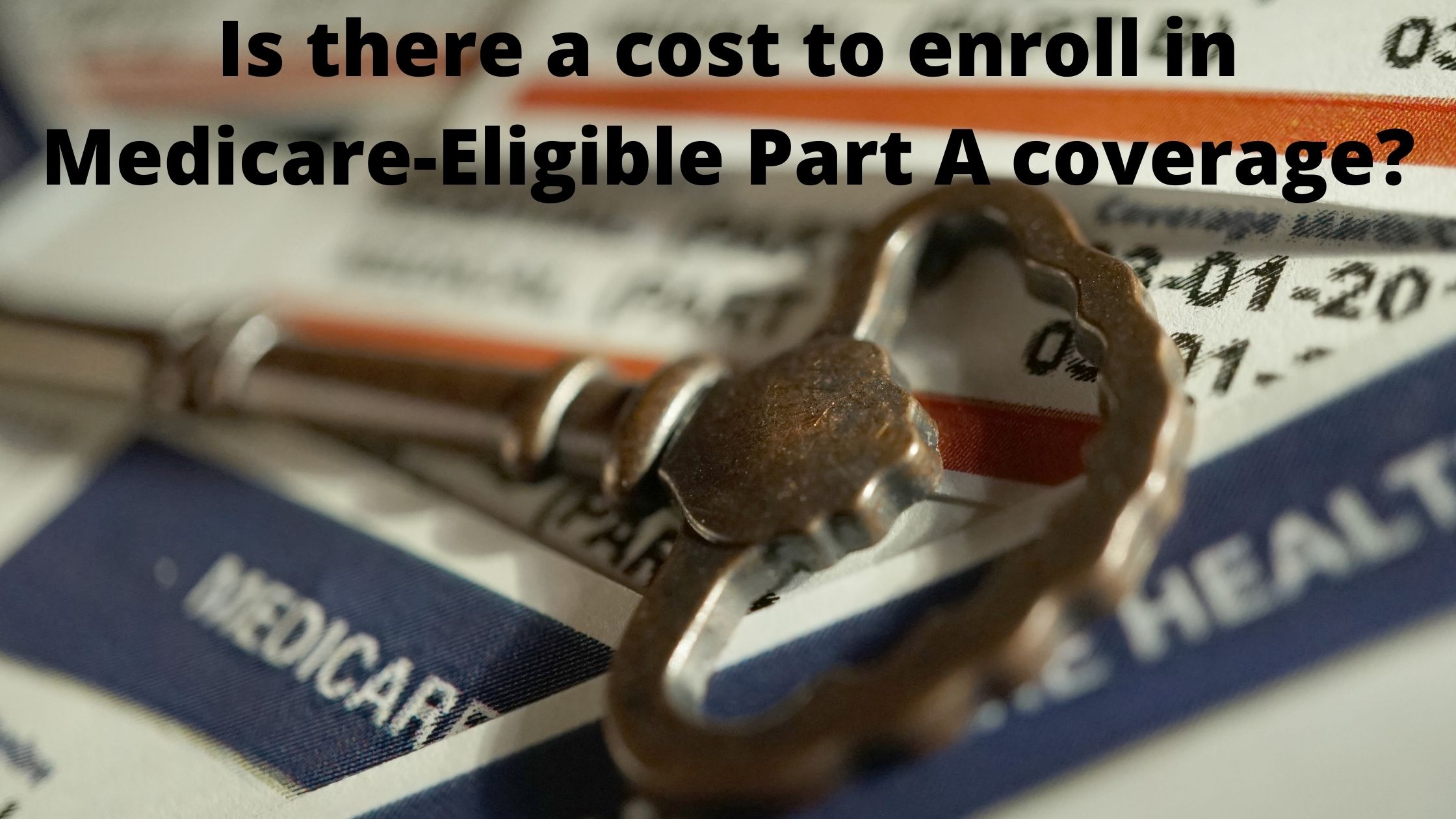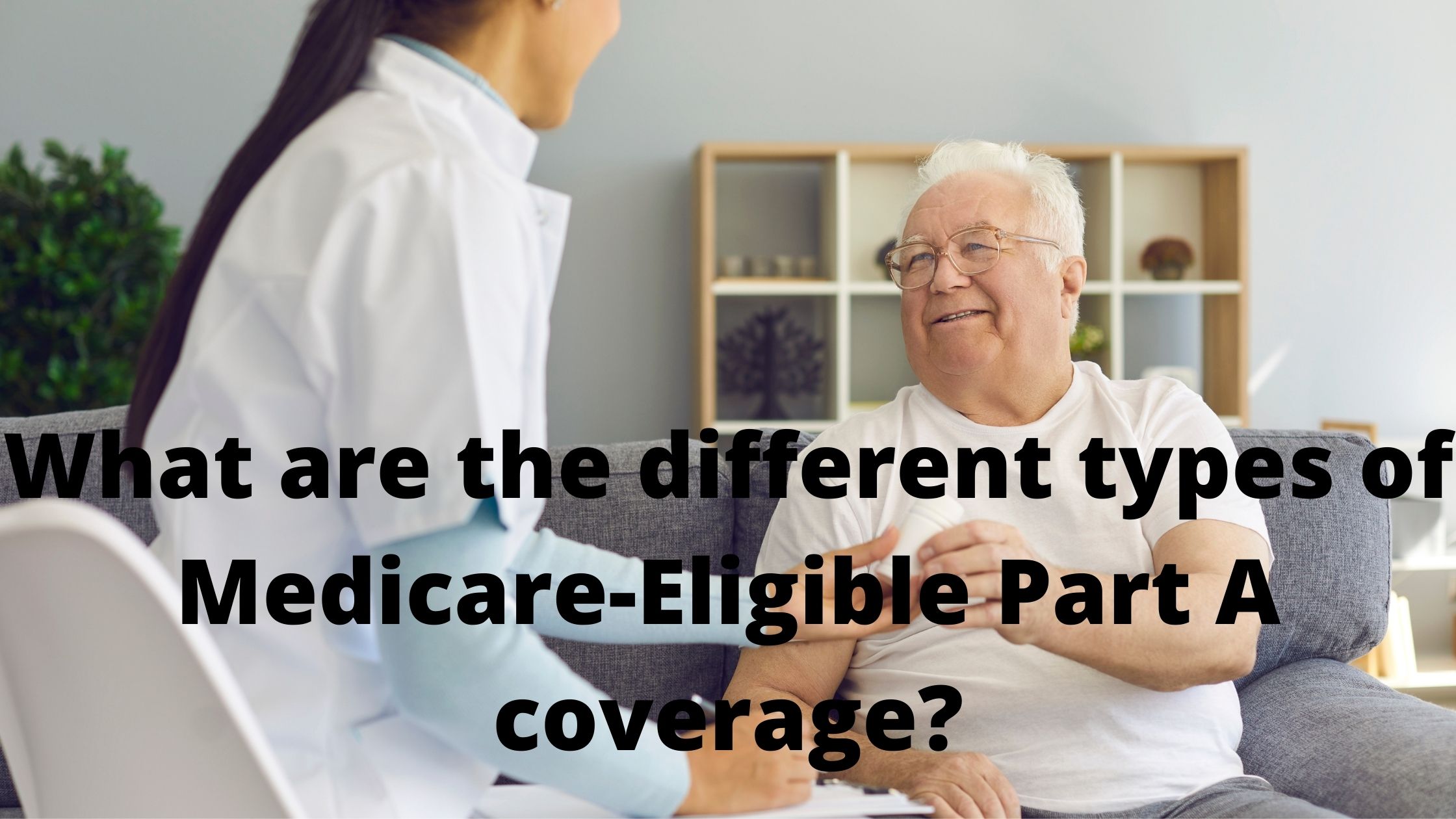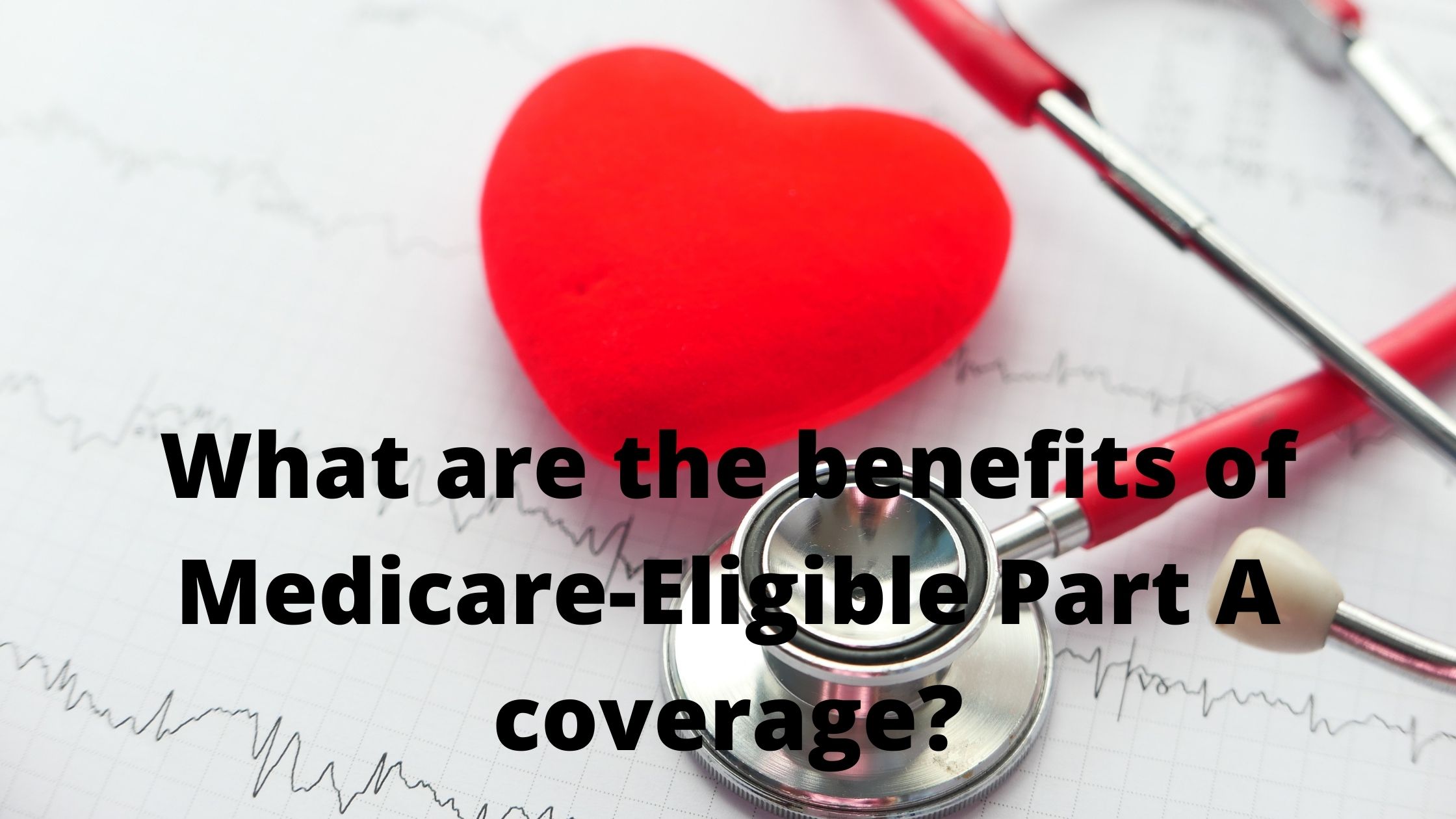Medicare-Eligible Part A (MEPAA) is a type of insurance that helps pay for medical expenses not covered by traditional Medicare. If you are interested in learning more about your eligibility for MEPAA, read on for some tips on how to do so.
What are the different types of Medicare-Eligible Part A coverage?
Medicare Part A is a program that provides benefits to individuals age 65 and older and people with disabilities. There are different types of Medicare-Eligible Part A coverage, which can vary in terms of cost, benefits, and eligibility requirements.
A popular type of Medicare-Eligible Part A coverage is Medigap coverage. Medigap plans provide a variety of benefits, including hospitalization and doctor visits. Medigap plans also typically have premiums, co-pays, and deductibles. To be eligible for a Medigap plan, you must meet certain eligibility requirements, such as being covered by Medicare or having a qualifying disability.
Another type of Medicare-Eligible Part A coverage is traditional Medicare. Traditional Medicare provides benefits similar to those offered through Medigap plans, but it has more restrictive eligibility requirements. For example, you must be age 65 or older to enroll in traditional Medicare.
There are also other types of Medicare-Eligible Part A coverage that are not covered by Medigap or traditional Medicare plans. These include long-term care insurance (LTCI) and private health insurance plans that cover medical expenses.
If
How do I find out if I am eligible for Medicare-Eligible Part A coverage?
If you are age 65 or older, Medicare-Eligible Part A covers your hospital and doctor expenses when you are hospitalized, during a period of convalescence following a hospitalization, or for a first time illness. If you are not already covered by Medicare, visit medicare.gov to find out if you are eligible for coverage.
What are the steps I need to take to determine if I am eligible for Medicare-Eligible Part A coverage?
The first step is to determine if you are age 65 or older. If you are age 65 or older, you are automatically eligible for Medicare-Eligible Part A coverage. If you are not age 65 or older, you will need to take steps to become eligible.
To become eligible, you will need to complete an application for benefits and meet certain income and resource requirements. You can find more information on the eligibility requirements on the Centers for Medicare and Medicaid Services (CMS) website.
If you have any questions about your eligibility, please contact our office. We can help you determine if you are eligible and provide information on how to apply for benefits.
What are the benefits of Medicare-Eligible Part A coverage?
Medicare-Eligible Part A coverage can provide significant benefits to those who rely on it. Medicare-eligible Part A covers services such as inpatient hospital care, skilled nursing facility care, and hospice care. These services are necessary for people with serious medical conditions and often require a great deal of coordination between various providers. Medicare-eligible Part A also covers many prescription drugs, including generic medications.
One of the most important benefits of Medicare-eligible Part A coverage is the coordination it provides between different providers. This ensures that patients receive the best possible care by pooling resources together. By taking advantage of Medicare-eligible Part A coverage, patients can save money on their healthcare costs overall.
Is there a cost to enroll in Medicare-Eligible Part A coverage?
Medicare-Eligible Part A coverage is available to individuals aged 65 or older, and certain people with disabilities. To be eligible for Medicare-Eligible Part A coverage, you must meet certain income and assets requirements.
The most important thing to remember about Medicare-Eligible Part A coverage is that there is no cost to enroll in it. In fact, the government will pay for most of the cost of your coverage. However, there are a few things you may need to do in order to be eligible for Medicare-Eligible Part A coverage. For example, you may need to file a claim for Social Security benefits if you have been receiving them for at least 10 years.
If you are not yet eligible for Medicare but want to learn more about how your income and assets might affect your eligibility, you can visit the Medicare website or contact your local Social Security office.

